Candidates talk about spending, support for education and what regulating short-term rentals should look like.
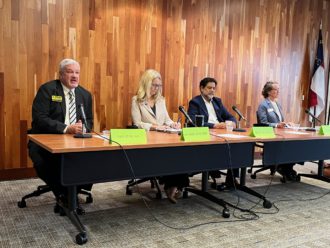

Candidates talk about spending, support for education and what regulating short-term rentals should look like.
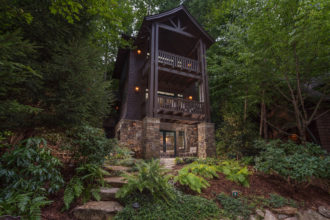
After several work sessions, hours of public comment and the clock ticking down on a 100-day pause, Buncombe County commissioners said at their July 16 briefing meeting that they planned to create an ad hoc committee to address sticking points in a proposed short-term rentals ordinance.
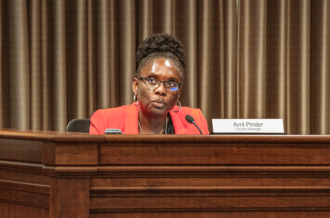
County manager Avril Pinder’s proposed $441.9 million general fund budget, which still has to go through a public hearing and final vote next month, includes a 2.55 cent property tax increase next fiscal year.

“Based on what we have heard from the community … I firmly believe that the best path forward will be to broaden the scope of our discussions to include those issues surrounding STRs,” board Chair Nancy Waldrop said during the April 22 meeting.
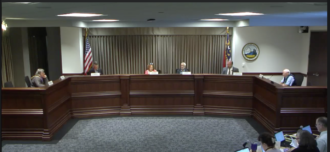
The proposed changes will be considered at a public hearing Monday, April 22, at A-B Tech’s Ferguson Auditorium starting at 5:30 p.m. in which planning board members will vote on whether to approve the recommendations.

At its meeting on Tuesday, April 2, the Buncombe County Board of Commissioners will consider launching a pilot program that could transition up to 20 units from STRs to affordable long-term rentals for residents in its first year.
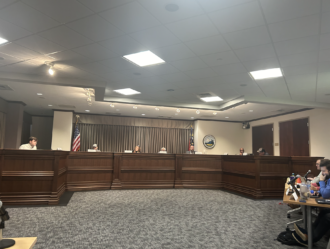
The proposed regulations would ban new whole-house short-term rentals in the unincorporated parts of Buncombe County unless they were located within five commercial zones or in the county’s residential open-use zone. Existing short-term rentals would not be affected by the changes but would require a county permit.
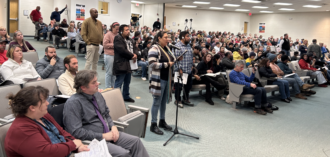
The proposed regulations would ban future short-term rentals, both whole-house and rentals within the owner’s primary residence, in unincorporated parts of Buncombe County unless they were located within commercial zones or in an open-use district, among other changes. Existing short-term rentals would not be impacted by the changes.

Xpress worked with Asheville-based data journalist Elliot Patterson to explore homestay permit data. The resulting analysis gives insights into how the market has changed over time, where homestays are located and who’s operating them.

The measure had first been discussed publicly by the commissioners in February; at an April meeting, Commissioner Terri Wells said she’d floated the proposal to county staff after hearing complaints from Cherokee County residents about noise and pollution created by the facilities.
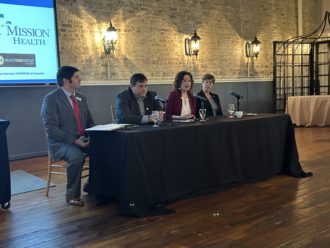
With N.C. Republicans in the supermajority, lawmakers from Western North Carolina predict a wave of controversial bills to make their way through the legislature.

“I imagine that many landlords don’t need to raise rents or turn housing into short-term rentals.”

“What a totally moronic waste of tax dollars and what an amazing example of bureaucratic stupidity.”

“The state legislature shouldn’t tell municipalities how to run their towns.”

“I would argue not to allow government interference with a homeowner’s right to use his/her property to its highest and best use.”

“There absolutely should be zoning rules, restrictions and regulations in Buncombe County that prevent investors, who have no interest in an area beyond making money, from creating these stand-alone STRs in established neighborhoods.”
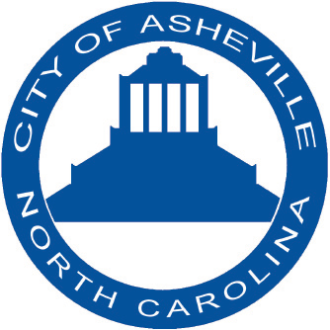
At their regular meeting of Tuesday, May 11, Council members will consider whether to expand the definition of a kitchen, prohibit the use of detached accessory structures for homestays and require that non-resident property owners be listed as co-hosts on homestay applications.

“Stop spending so much time and energy on policies and issues like these and redirect the same energy to figure out ways to make our local governments more effective and efficient so that we can have more impact on important issues.”
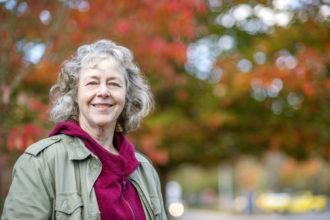
Council to discuss temporary hotel ban The city’s Planning and Economic Development Committee voted on Aug. 29 to put the question of imposing a temporary moratorium on new hotel construction to the full Council at an upcoming meeting. First proposed by Council member Julie Mayfield, a moratorium could give the city time to develop new […]

Asheville City Council deferred a vote on an amendment that would have revised the definition of a kitchen for short-term rentals out of concern that the change would have led to negative impacts on Asheville’s long-term housing availability.
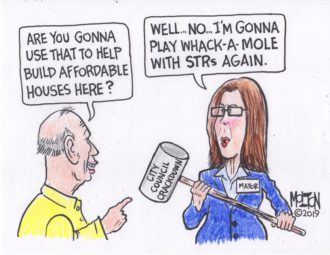
ASHEVILLE, N.C.